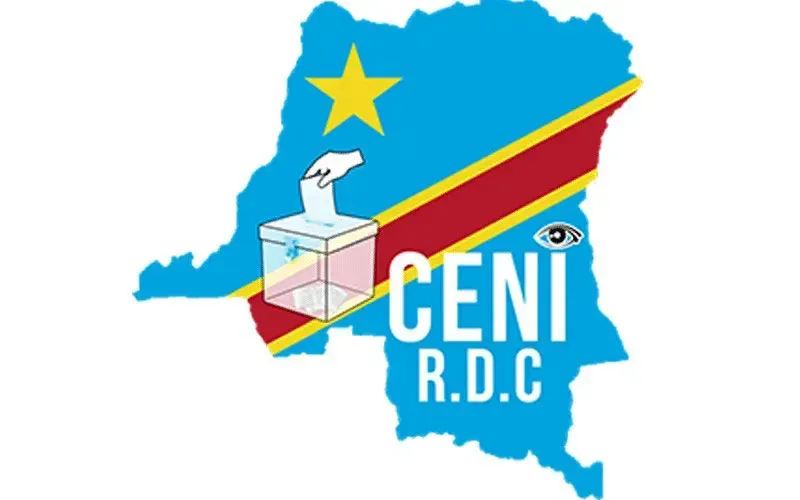Fr. Nshole further said that there are well established proof of how Kadima has bribed some religious leaders for him to be declared CENI President.
He said religious leaders have been offered US$100,000.00 and luxurious cars to change their position.
“The Catholic Church does not object to the technical abilities of Kadima but in addition to the technical criteria, there are established ethical criteria which the religious must take into account,” the Catholic Priest explained.
In his October 5 letter addressed to the President of the National Assembly, Bishop Moko says, “The six other religious denominations claim there is a work they have already done and whose report have been received at the office of the National Assembly.”
“For them, the 72 hours that you have given are simply an opportunity to strengthen cohesion by obtaining from the Forum of religious denominations the recognition of these minutes,” he adds.
(Story continues below)
The 63-year-old Congolese Bishop further says, “A proposal for a new text of the report was submitted by the six in this perspective. This proposal did not meet with the approval of the Forum because it was based on a misinterpretation of your letter and did not enter into the spirit of the convocation of our plenary, which was to start again on a new basis and to find a consensus around a suitable candidate.”
“Moreover, it was established on conditions that do not comply with the statutes of CENI, notably articles 10 and 12, as well as with our Charter, especially articles 8, 16, 17 and 18,” Bishop Moko says in the October 5 letter.
He continues, “We note that the six other religious denominations based their so-called majority on an erroneous interpretation of article 17 of our Charter and that they totally ignored article 10 of the statutes on the organization and functioning of CENI.”
Bishop Moko appeals to the President of the National Assembly to reject any attempts to influence the process leading to the designation of CENI chairperson.
“We pray that the Holy Spirit will accompany you in your efforts to avoid one too many crises that will not benefit anyone,” Bishop Moko implores in the October 5 letter.
Jude Atemanke is a Cameroonian journalist with a passion for Catholic Church communication. He holds a Bachelor’s Degree in Journalism and Mass Communication from the University of Buea in Cameroon. Currently, Jude serves as a journalist for ACI Africa.








